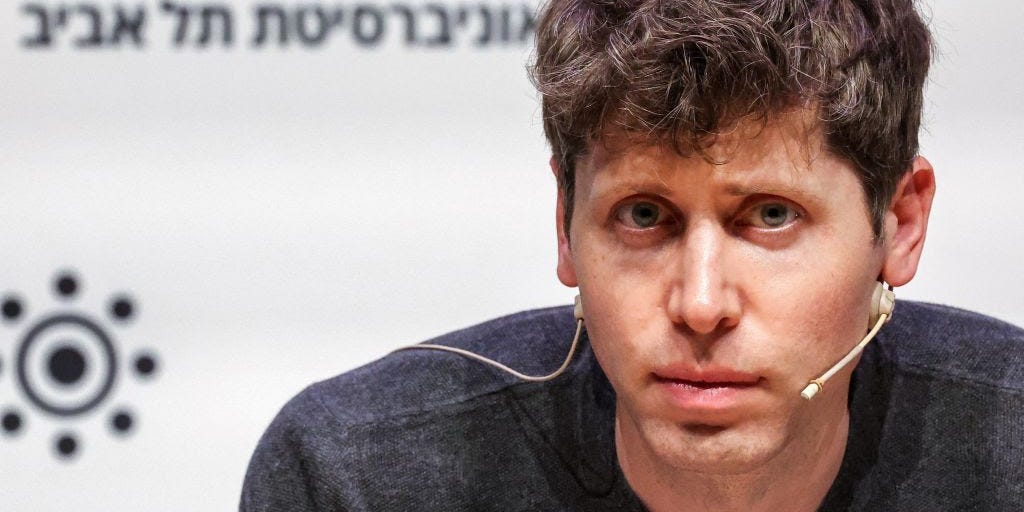Sam Altman’s temporary departure from his role as CEO of OpenAI not only thrust the company into the global spotlight amidst rumored interpersonal conflicts but also shed light on a profound ethical quandary within Silicon Valley: the rapid adoption of AI technologies.
While Altman has raised concerns about the potential risks associated with “alarming” AI advancements and emphasized the critical importance of regulation, his approach has typically leaned towards swift technological progress. Conversely, other members of the organization have opted for a more cautious stance.
The discourse extends beyond OpenAI to encompass the broader technology sector. The central debate revolves around whether propelling AI development at full throttle could be the savior of our world or if a more restrained approach is imperative. The fundamental question remains: Are you an e/acc or a decel?
Unveiling the e/acc Concept
For those encountering the term on social platforms, proponents advocating for accelerated AI progress are known as effective accelerationists or e/accs (ee-acks). They advocate for leveraging technology, innovation, and capitalism to expedite societal transformation.
Renowned tech entrepreneur Marc Andreessen stands as a prominent figure in Silicon Valley endorsing this ideology. In a lengthy statement released in October, he underscored the urgency of advancing technologies rapidly, envisioning an imminent intelligence surge that could elevate our capabilities to unprecedented levels.
Any deceleration in AI progress, according to Andreessen, could result in preventable fatalities, as he articulated, “Deaths that could have been averted by existing AI represent a form of loss.”
Delving into the Decel Perspective
On the contrary, decels, a term widely associated with effective altruism (EA), represent the opposing faction that prioritizes societal welfare in the face of existential threats such as an AI catastrophe. The EA movement advocates for the efficient allocation of resources to benefit the maximum number of individuals.
Notable figures like Elon Musk, Peter Thiel, and Sam Bankman-Fried align themselves with this viewpoint. Helen Toner and Tasha McCauley, both board members at OpenAI involved in Altman’s removal, have been associated with EA but have recently distanced themselves from it, according to reports.
The rift between e/accs and decels was exacerbated following the upheaval at OpenAI, with supporters of accelerated progress blaming EA proponents for hindering technological advancement.
Navigating the Aftermath of OpenAI’s Upheaval
In the aftermath of Altman’s ousting, advocates of e/acc principles criticized EAs for their alleged role in the events at OpenAI, accusing them of impeding progress in the tech sphere.
Responding to the backlash online, Toner clarified that the decision to remove Altman was not driven by a desire to slow down OpenAI’s initiatives. Despite the tensions, a collaborative effort emerged in November with the release of an AI framework developed in conjunction with the US Department of Commerce by Responsible Innovation Labs.
Gaurab Bansal, a senior figure at Responsible Innovation Labs, emphasized the importance of ethical AI development, cautioning against hasty and irresponsible practices that could jeopardize stakeholders.
In conclusion, amidst the fervent debates surrounding AI progress, it is crucial for stakeholders in Silicon Valley to maintain a balanced and constructive dialogue, steering clear of divisive rhetoric for the collective advancement of the industry.





